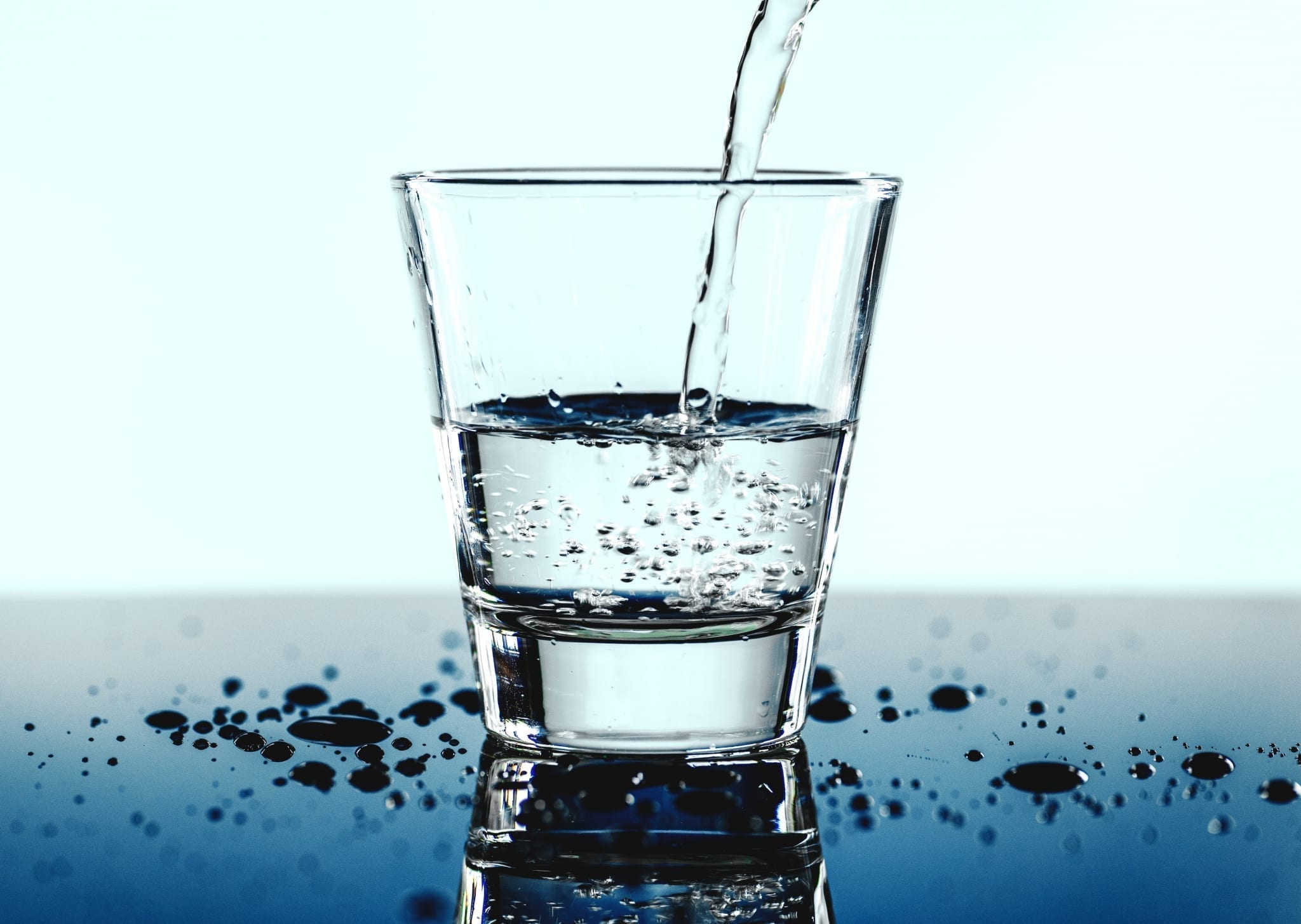As we enter the warmer months, it is increasingly important to pay attention to staying well hydrated. The hot weather means that you lose more water through your pores as you sweat to cool down. Acute dehydration is a serious condition and requires medical attention. Symptoms of acute dehydration include: dark coloured urine, reduced urine output, feeling dizzy, confusion, sleepiness and rapid breathing and heartbeat). If you think you have acute dehydration, please see a doctor. Chronic dehydration occurs when you consistently consume less water than your body needs to function optimally, or when the body doesn’t hold on to the water that we do drink. We see this with many of our patients as they do not consume enough fluid or consume the wrong type of fluid to remain well hydrated. Even inside in the cool, you can become dehydrated – air conditioning works great to cool your body temperature down but also strips moisture from the body. Signs that you may be chronically underhydrated include:
- Feeling tired – your cells need water to carry out basic functions – if you are dehydrated, even producing energy will be a chore;
- Muscle fatigue or cramping – you will feel poor energy production first in your muscles and your brain with tiredness (mentioned above) and muscular fatigue. Muscle relaxation requires energy production, so if you can’t produce energy, your muscles will cramp;
- Headaches – brain volume can shrink due to dehydration. When this happens, it pulls away from the skull causing a headache;
- Hunger – often your body mistakes the thirst sensation for hunger. If you are feeling hungry all the time, try increasing your water intake;
- Constipation – a large portion of the contents of your poo should be water. If you don’t have enough in your body, your poos will become dry and hard to pass.u
OK, so now you know if you could be chronically underhydrated, what are to do about it. Drink water I hear you say. Of course! But how much, what type and what if water isn’t enough.
- You should be consuming about 1500-2000mL of water per day. If you take in most of your water as cordial, juice, soft drink, tea, coffee or alcohol, then you are going to remain dehydrated as these drinks actually require that you drink more water to process them.
- Choose filtered, still water. Filtered water removes some of the chemicals that can damage your body such as chlorine which negatively affects your gut flora. Carbonated water is acidic which can lead to tooth decay and is associated with weight gain and type 2 diabetes (yes, even the plain, unflavoured, non-sweetened carbonated water such as San Pellegrino).
- You may need to add some electrolytes to your water if you are having a hard time staying hydrated. Choose an electrolyte that doesn’t contain artificial sweeteners – these are bad for your health and replaces sugar in electrolyte formulas which are added to improve fluid uptake. The other minerals such as sodium, potassium, magnesium, and calcium also help to draw water into your cells and thus improve hydration.
- Start your day with a large glass of room temperature, filtered, still water – this will improve your hydration throughout the day as well as allow your body to more easily recognise if it is starting to become dehydrated.
Gemma Martin, Naturopath with over 10 years experience in natural therapies and is experienced in treating all kinds of conditions.
To make an appointment with a Brisbane Natural Health naturopath call us on 07 3367 0337.



